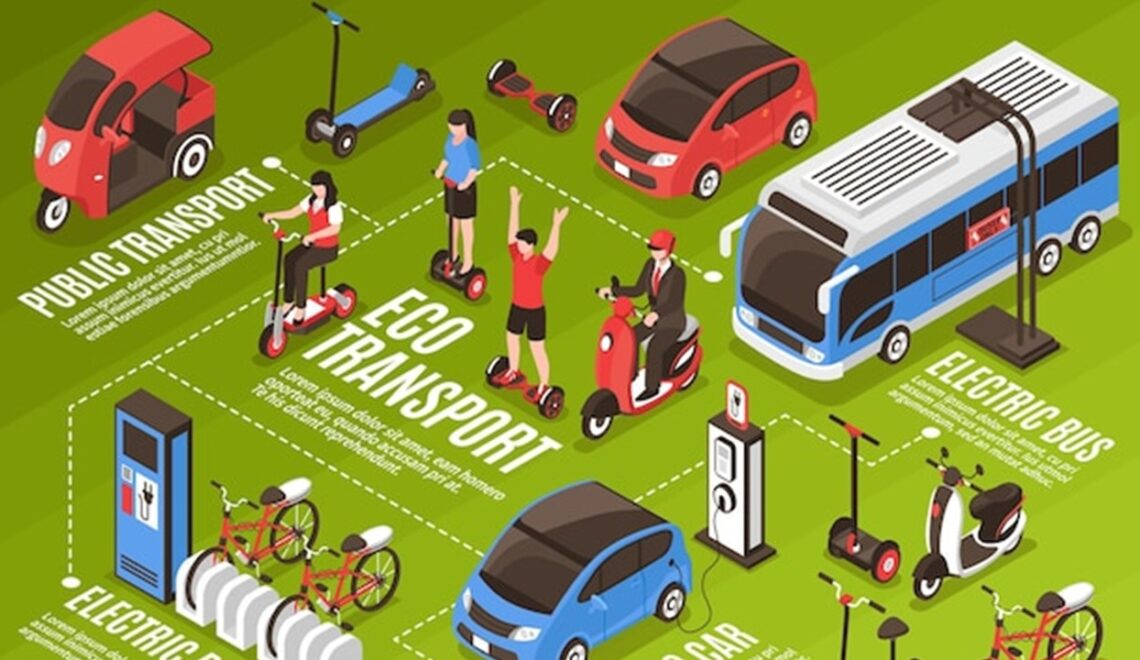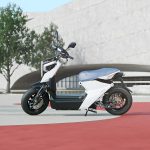Introduction
The global transportation sector is undergoing a major transformation, and two-wheelers are at the forefront of this change. As environmental concerns grow and fuel prices fluctuate, electric and eco-friendly motorcycles are emerging as the preferred mode of transport for urban commuters.
- Introduction
- The Rise of Electric Two-Wheelers
- Technological Advancements Driving Change
- Environmental and Economic Benefits
- Government Initiatives and Regulations
- Urban Mobility and Smart Infrastructure
- Challenges to Mass Adoption
- Design Innovations and Consumer Appeal
- The Role of Startups and Global Brands
- Consumer Trends and Market Outlook
- FAQs
- Conclusion
In 2025, cities around the world are embracing sustainable mobility to reduce pollution and congestion. Eco-friendly two-wheelers offer a practical, affordable, and environmentally responsible alternative to traditional gasoline-powered bikes.
The Rise of Electric Two-Wheelers
Electric motorcycles and scooters have gained massive popularity due to advancements in battery technology and government incentives for clean transportation. Modern electric bikes are faster, more efficient, and capable of longer ranges than ever before.
Consumers are drawn to low maintenance costs and zero emissions, while manufacturers compete to develop lighter, more powerful, and more affordable models. This competition is driving rapid innovation across the industry.
Technological Advancements Driving Change
The shift toward sustainable two-wheelers is powered by breakthroughs in lithium-ion batteries, regenerative braking systems, and smart connectivity. These technologies enhance performance, extend battery life, and improve overall rider experience.
AI and IoT integration are also becoming standard in high-end e-bikes. Riders can track performance metrics, monitor battery health, and receive real-time navigation updates — all through mobile apps or onboard digital displays.
Environmental and Economic Benefits
Eco-friendly bikes significantly reduce carbon emissions, contributing to cleaner air and healthier urban environments. By replacing gasoline engines with electric motors, cities can lower their overall pollution levels and meet international climate goals.
Economically, electric two-wheelers are more cost-effective to operate. Charging costs are a fraction of fuel expenses, and electric motors require fewer parts, reducing maintenance needs and long-term ownership costs.
Government Initiatives and Regulations
Governments worldwide are introducing policies and incentives to accelerate the transition to sustainable transport. Subsidies for electric vehicle purchases, reduced taxes, and investments in charging infrastructure are making eco-friendly two-wheelers more accessible.
Some countries are also setting deadlines to phase out fossil fuel-powered motorcycles. These regulations push manufacturers to innovate while encouraging consumers to embrace cleaner alternatives.
Urban Mobility and Smart Infrastructure
Sustainable two-wheelers are reshaping how people move within cities. Compact, quiet, and efficient, they are ideal for navigating congested urban areas. Many cities are now integrating charging stations and dedicated parking for electric bikes to support this growing trend.
Shared e-bike and scooter services are expanding as well, providing convenient transportation options for short commutes. This model supports sustainability while reducing the number of private vehicles on the road.
Challenges to Mass Adoption
Despite rapid progress, challenges remain. Limited charging infrastructure, high upfront costs, and concerns about battery disposal continue to slow adoption in some regions. Manufacturers and policymakers are working together to address these issues.
Improving recycling programs, expanding fast-charging networks, and reducing battery costs through technological innovation will be critical to ensuring widespread acceptance of electric two-wheelers.
Design Innovations and Consumer Appeal
Today’s eco-friendly motorcycles combine sleek design with cutting-edge engineering. Lightweight frames, aerodynamic builds, and customizable features appeal to both performance enthusiasts and casual riders.
Manufacturers are also focusing on personalization, offering smart dashboards, multiple riding modes, and connectivity options that enhance both convenience and safety. The result is a new generation of bikes that are as stylish as they are sustainable.
The Role of Startups and Global Brands
Startups are driving disruption in the electric two-wheeler market. Companies in Asia and Europe are developing innovative battery-swapping systems and subscription models that make ownership more flexible and affordable.
Meanwhile, established motorcycle brands are entering the electric market aggressively. Giants like Honda, Yamaha, and Harley-Davidson are investing heavily in sustainable product lines to meet the growing demand for clean mobility solutions.
Consumer Trends and Market Outlook
Consumer awareness of sustainability and environmental impact continues to rise. Young urban professionals, in particular, are choosing electric two-wheelers as a reflection of their eco-conscious values and tech-savvy lifestyles.
Market analysts predict that the global electric two-wheeler industry will exceed hundreds of billions of dollars by the end of the decade. With continuous advancements and growing infrastructure, sustainable mobility is no longer a niche — it’s becoming mainstream.
FAQs
Why are electric two-wheelers gaining popularity?
They offer zero emissions, low maintenance, and reduced operational costs, making them a practical choice for modern urban transportation.
How do electric bikes help the environment?
Electric bikes reduce carbon emissions and air pollution by replacing gasoline-powered engines with clean electric power.
What are the main challenges for electric motorcycles?
High initial costs, limited charging infrastructure, and battery recycling remain ongoing challenges for widespread adoption.
Are electric bikes cost-effective?
Yes. Although the upfront cost may be higher, the long-term savings from fuel and maintenance make them significantly cheaper to operate.
What role do governments play in promoting electric bikes?
Governments offer tax incentives, subsidies, and infrastructure development programs to encourage the transition to sustainable mobility.
Conclusion
Sustainable two-wheelers represent a turning point in global mobility, combining efficiency, technology, and environmental responsibility. As cities move toward cleaner transportation systems, electric motorcycles and scooters are set to lead the change.
The future of urban travel will be defined by innovation and sustainability. With supportive policies, improved infrastructure, and continued advancements in battery technology, eco-friendly two-wheelers will not only reshape commuting but also redefine the culture of mobility worldwide.







